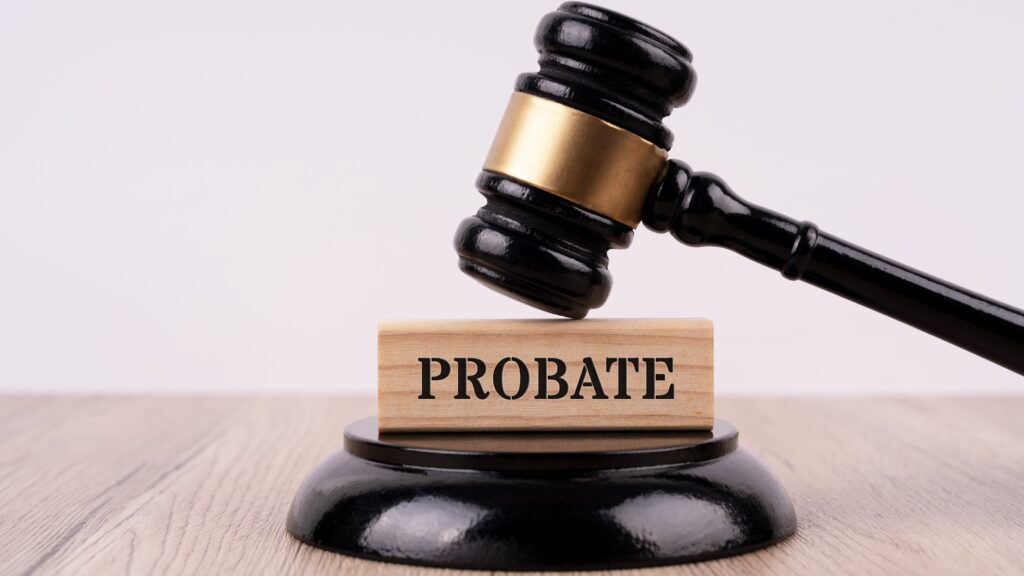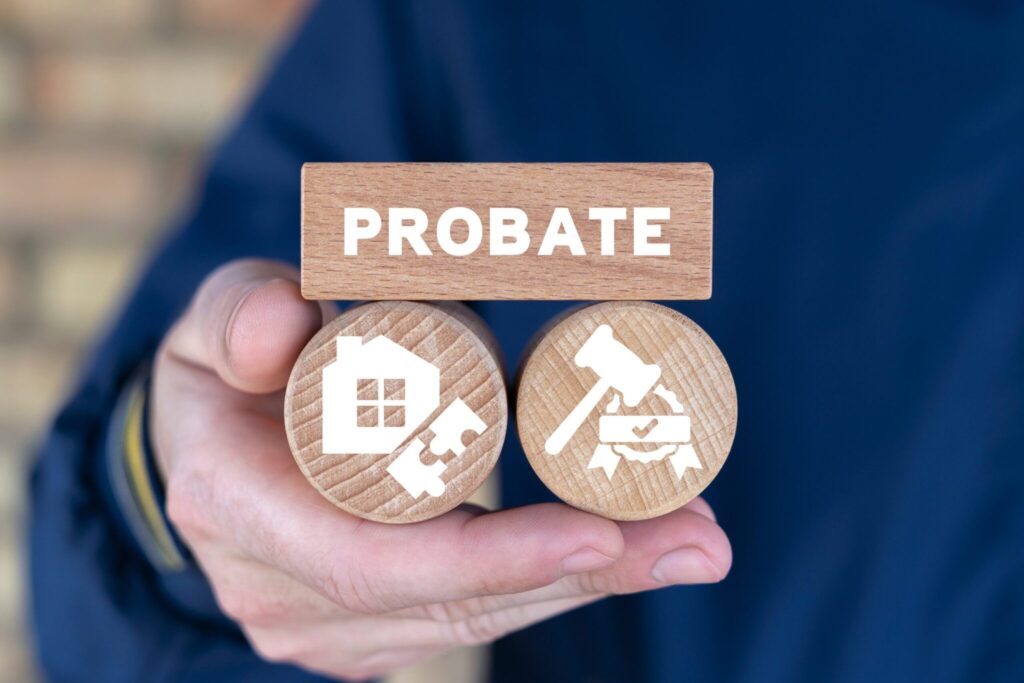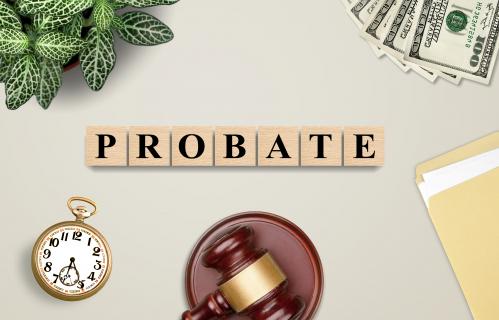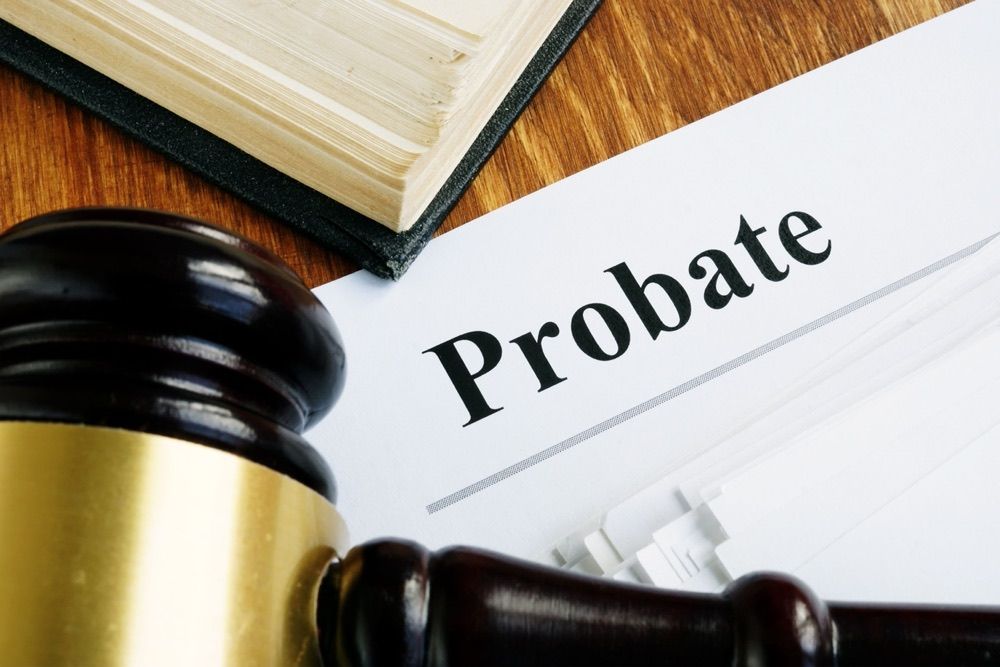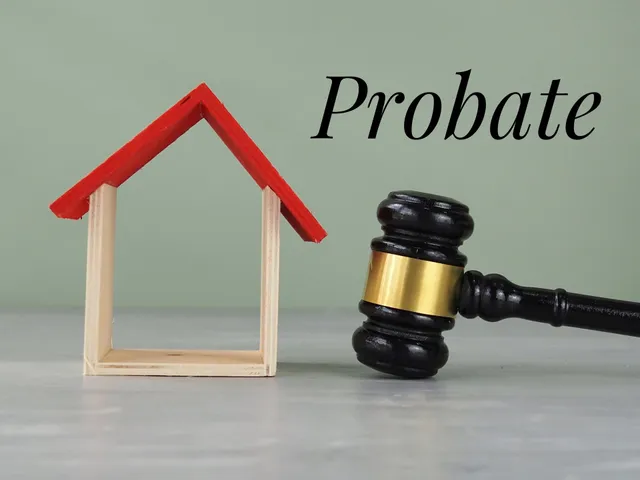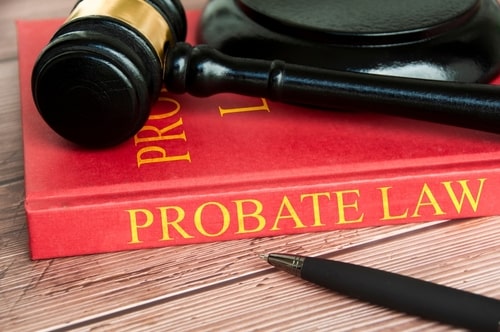Understanding Probate Alternatives in Texas
Probate can be a lengthy and costly process, which leads many individuals to explore alternatives. In Texas, there are several methods to transfer assets without going through probate, such as using a living trust, joint tenancy, or transfer-on-death deeds. These alternatives can streamline the process and reduce the burden on your loved ones during a difficult time.
For instance, a living trust allows you to manage your assets while you are alive and designate beneficiaries to receive them upon your death, bypassing probate entirely. Additionally, joint tenancy with right of survivorship ensures that upon the death of one owner, the surviving owner automatically inherits the property, avoiding the probate process. Understanding these options can empower you to make informed decisions about your estate planning.
The Role of Executors in Texas Probate Cases
The executor plays a crucial role in the probate process, acting as the individual responsible for managing the deceased's estate. In Texas, the executor is tasked with filing the will with the probate court, notifying heirs and creditors, and ensuring that debts and taxes are paid before distributing the remaining assets to beneficiaries. This role requires a clear understanding of legal responsibilities and timelines.
Executors must also keep accurate records of all transactions and communications related to the estate, as they can be held legally accountable for their actions. For example, if an executor fails to pay creditors or mismanages estate assets, they could face legal repercussions. Therefore, it's essential for anyone appointed as an executor to understand their duties and seek legal guidance when necessary.
Common Myths About Probate in Texas
There are several misconceptions surrounding probate that can lead to confusion and anxiety for individuals navigating the process. One prevalent myth is that all assets must go through probate, which is not true. Certain assets, such as those held in a living trust or accounts with designated beneficiaries, can bypass probate entirely.
Another common myth is that probate is always a lengthy and expensive process. While it can be time-consuming and incur costs, the duration and expenses often depend on the complexity of the estate and whether disputes arise among heirs. By debunking these myths, individuals can better prepare for the probate process and make informed decisions regarding their estate planning.
Probate Fees and Costs in Texas: What to Expect
Understanding the costs associated with probate in Texas is essential for anyone involved in the process. Probate fees can vary significantly based on the size and complexity of the estate, as well as the legal representation required. Common expenses include court filing fees, attorney fees, and costs for appraising estate assets.
For example, attorney fees in Texas are typically calculated as a percentage of the estate's value, which can lead to substantial costs if the estate is large. Additionally, there may be other costs such as bond premiums, accounting fees, and expenses related to the sale of assets. By being aware of these potential costs, individuals can budget accordingly and seek to minimize expenses where possible.

